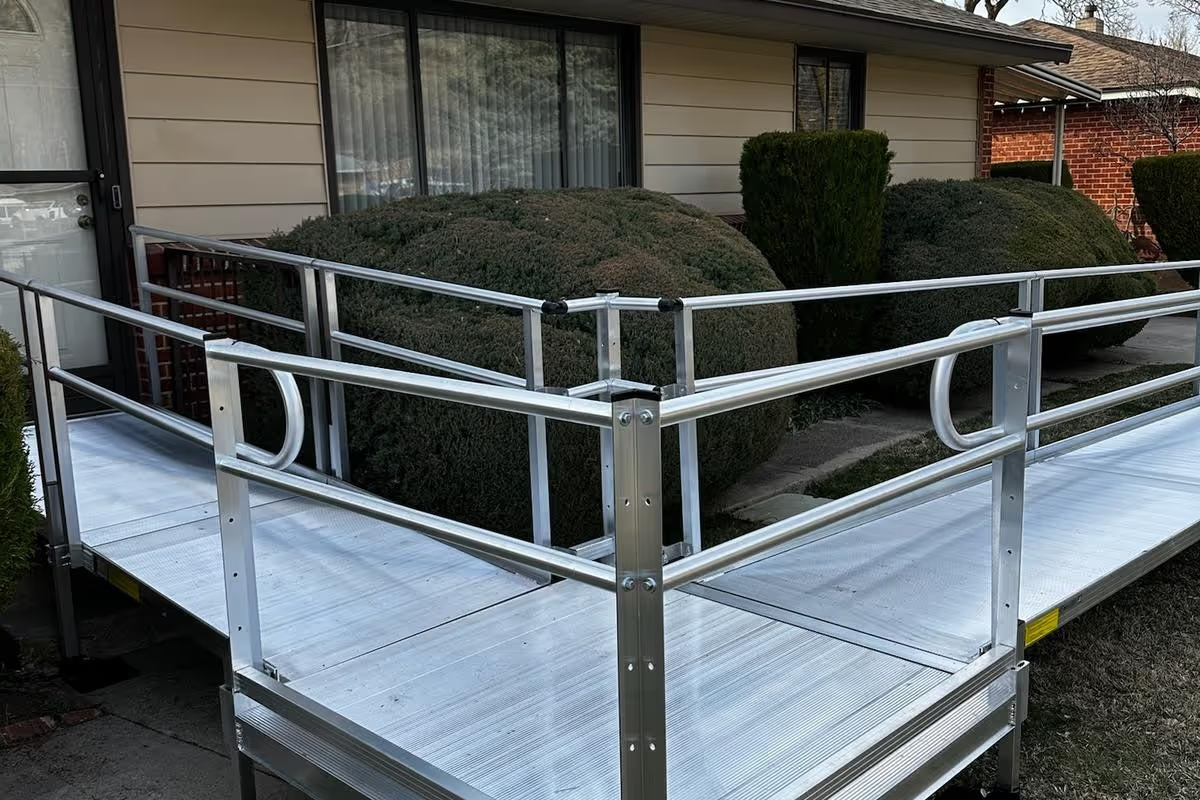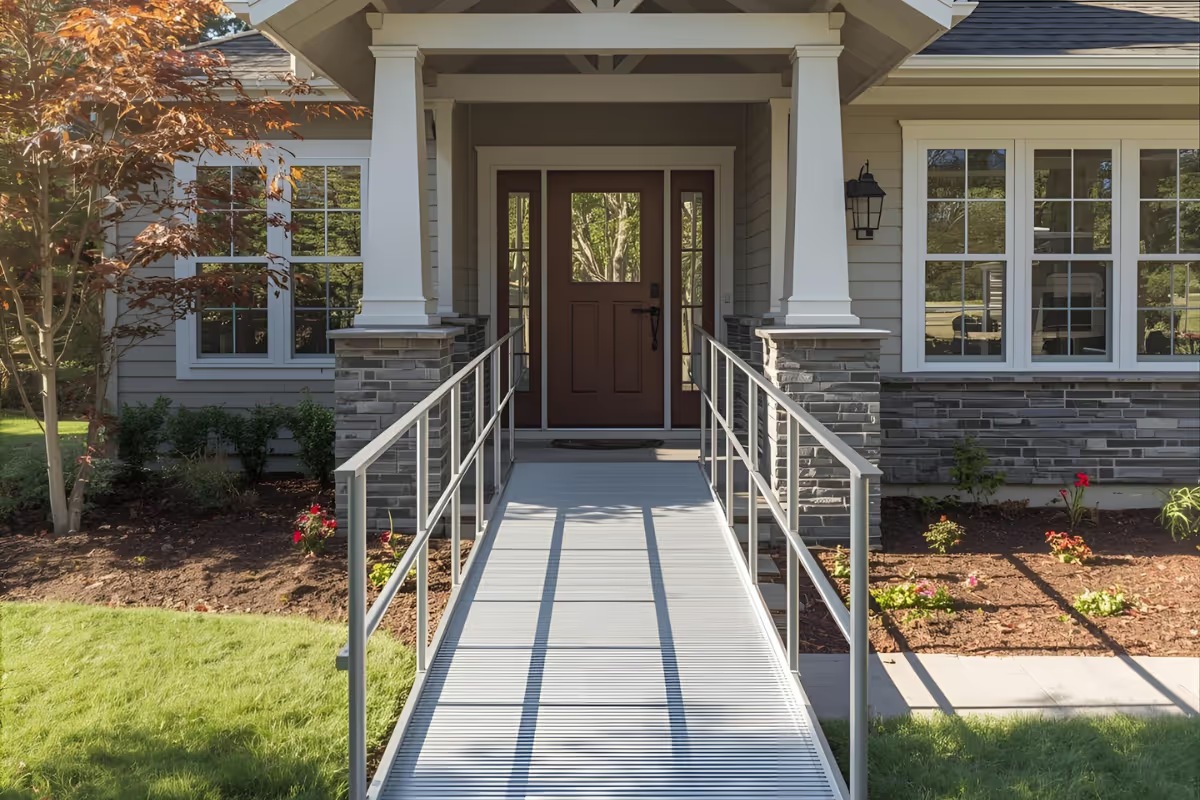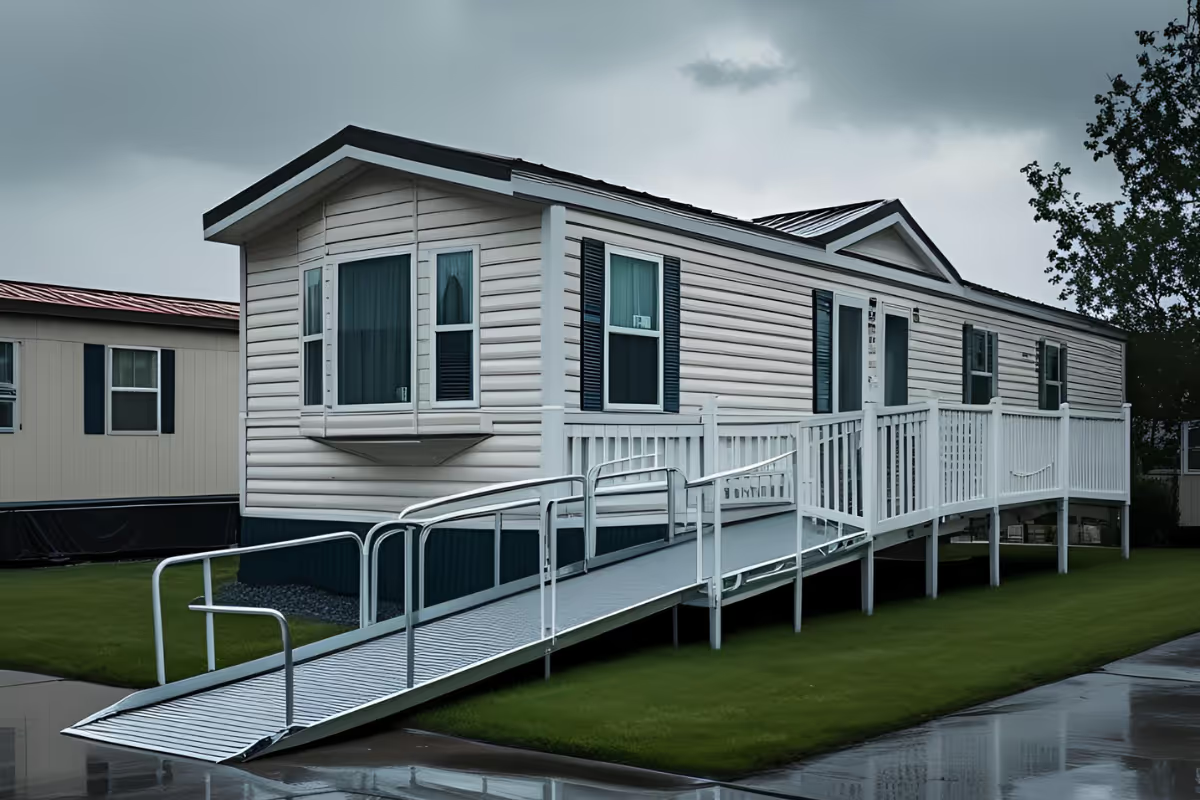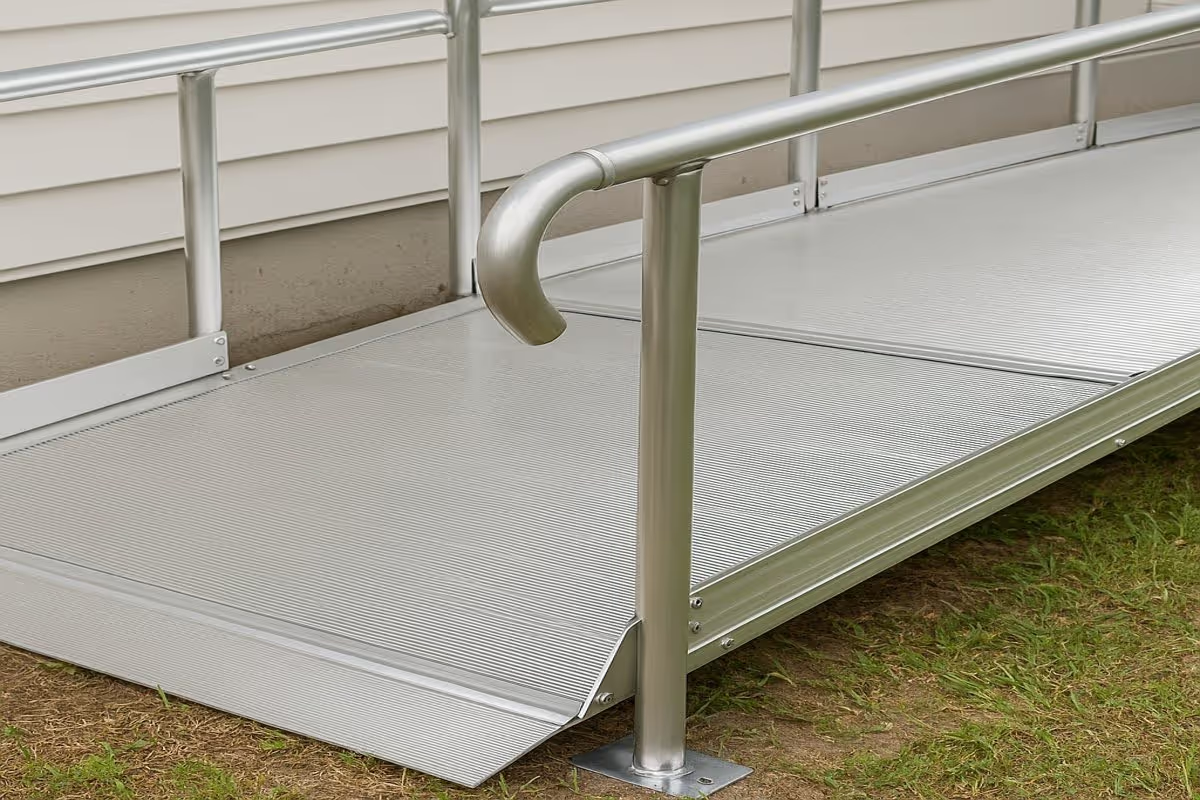3 Steps to Prevent Slip and Fall Accidents
.avif)
3 Steps to Prevent Slip and Fall Accidents
If you live with a senior adult, your top priority must be preventing them from slipping and falling. Did you know that falls are the number one cause of fatal and non-fatal injuries in the country for people from age 65? Safeguarding your elderly loved ones is not just about making sure they’re able and careful. It’s also about making your home a safer place for them to live.
No matter how hard you try to make your environment around the home more suitable for their situation, there could be times that their own mobility or state of health could cause these accidents. However, you and your senior loved one will still be better off if you do your best to keep your home clear from things that can cause slip and fall accidents.
To make sure you leave no stone unturned, take a look at these three steps that can help you reduce the risk of slip and fall accidents for your older loved ones.
Prevent Senior Falls by Discussing the Facts
Talk to your older loved ones about their concerns. Are they also concerned about slipping or falling? Do they have trouble seeing things in their path, especially in the dark? Do they feel the need to hold onto walls or furniture more often? These are some things you need to learn from them in order to find out the best way to go about their situation.
Take them for an eye checkup if their vision is getting worse. Find the right ophthalmologist for their concerns, and make sure their prescription is updated. Bring them for their annual wellness check-up as well, to learn more about their state of health. You can even get a health care provider to assess their situation. Together, you and your elderly loved ones can decide on what to do in order for them to be less worried and prevent injuries at the same time.
Identify their medications
Is your loved one adhering to their medications? Whether it’s prescription medicine or painkillers, keep track of what they’re taking. If they have a hard time sticking to their schedule or are experiencing side effects, encourage them to seek help and take them to the doctor or pharmacist to discuss their concerns. This will help you all have peace of mind.
Medication can cause drowsiness and dizziness. They could cause some balance issues that might result to a slip or fall. In order to reduce the risk of an injury, make sure your older loved one understands the medicines they’re taking and what it does to their body. The more they know, the less their chances of falling.
Take care of environmental hazards
It’s time to make a careful assessment of your home. Since you can control your elderly loved one’s surroundings, it’s best to make sure that you keep your home safe for them. Always remove clutter from the floor, especially those that might trip them or cause them to slip. Check if rugs, loose carpets, or floorboards can do the same, too. Consider putting non-skid rugs at entrances to avoid liquids or puddles on the floor. Checkout some facts on slip and falls from the CDC here.
Make sure your home is bright enough for them. Install more lights if you can. Even when their eyesight is not like what it used to be, illuminating kitchens, bathrooms, stairs, and hallways better will help them greatly. Keep items they need on shelves that they can easily reach without needing a stool or ladder. Also, check if your furniture has enough space between them. This will allow your senior loved ones to move around easier, especially if they’ve started using a cane or walker.
Adding assistive devices to your home can also make your senior loved one’s life easier. From grab bars and benches in bathrooms, making modifications at home can save their lives. If you’re considering installing stair lifts or buying lift chairs, we’d be happy to help. You can talk to us at Western Stairlifts and get a free evaluation! Simply call us on: 801-386-2408.
.svg)
.png)




